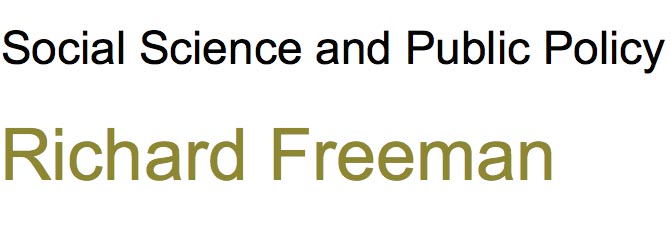pointed to the relevance of Wildavsky’s work for practice-based approaches to policy studies…
The paper, given to the Interpretive Policy Analysis conference in Tilburg in July 2012, began by citing a passage from Craftways:
‘The imposition of order on recalcitrant material, which we optimistically call knowledge, is a sometimes thing, hard won, temporary, and artificial, like the rest of civilisation.’
Leading with illustrations from The Politics of the Budgetary Process, it pointed to Wildavsky’s strong conception of policy/politics as inherent in practice, as to his equally strong understanding of policy analysis as practice, but also to an enduring theoretical ambivalence about the policy process as expressed in Speaking Truth unto Power:
‘Two images began to grow in my mind. One was of social interaction, as in political arenas or economic markets, where people pursue their own interests, and the results of their reactions are summed up in decisions about office holders or prices without anyone necessarily controlling the sequences of individual actions or intending an outcome… I drew from Lindblom the opposing image of intellectual cogitation that orders social relations through mental processes as if they were taking place in one mind. Control is exercised by anticipation. Social actors are assigned positions, given motivations, and guided through the mind of the planner to that destination determined to be in the best interest of all.’
